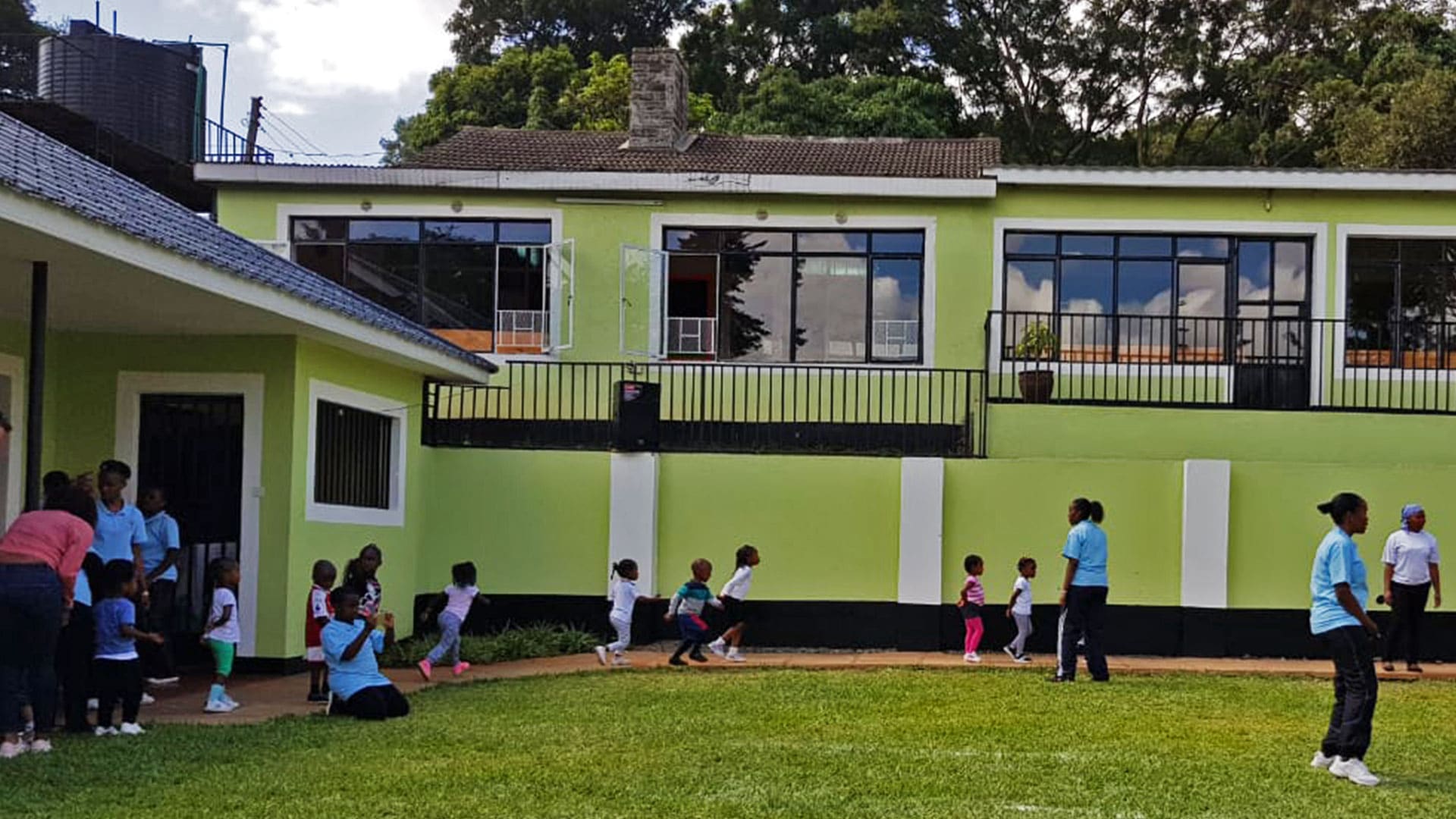Here are a few practical ways you can help prepare your child for school:
Set up routines which help your child go to sleep and wake in time to get ready for school
In the weeks leading up to starting school, gradually adjust your child’s bedtime and wake-up call.
Adequate sleep is vital for school – it’s essential to good behavior and for concentration. The early days of school can also be exhausting, so good sleep habits are key and should be started in the weeks before school.
Attend a school orientation session
Find out when your school runs orientation sessions and make the time to attend. This allows staff to get to know your child and your child to meet other children who will be starting school at the same time. Find out the basic rules such as where children are allowed to play, as well as routine and expectations from school staff – for example, what day does sport uniform need to be worn or library bag need to be taken to school. This will enable you and your child to be prepared for what happens at school.
Organize play dates with children who will be in their class over the school holiday period
When children have other familiar children to play with, this can help make adjusting to the social aspects of school easier. Supportive relationships with other families and children can take time to develop, but they can be worth the effort in the long term.
Drop some hints and talk with your child in a positive and cheerful way about starting school
Describe what to expect at preschool — what she’ll do there (sing songs and make artwork), who will be there (other kids her age), how a school day will be the same as one at home (there will be a snack), and how it will be different (circle time). Make it sound fun, but don’t talk it up so much that you make your child suspicious or set her up for disappointment. Just as important: Don’t introduce the idea of being scared or nervous.
Always be positive and enthusiastic about all the fun things that will happen at school, use their teacher’s name so it feels familiar and talk about the new friends they will make.
Monitor your child’s response to conversations about school
Note if your child reacts enthusiastically, or with confusion or anxiety. Follow their lead as much as possible, answering their questions, but not overwhelming them with information if they seem unconcerned and not terribly interested.
Children may find it hard to think ahead about future events in terms of weeks and months. Seek help if your child seems worried or overwhelmed about school.
A consistent and prepared environment
A key foundation for a successful school year is to have a consistent and prepared environment that supports a child’s success in getting ready for school, winding down after school, and getting a good night’s sleep.
When you make these routines with your child, be sure to hold these routines as consistently as possible, so the child can benefit from the order and safety of consistent expectations.
Montessori believed that the state of concentration and the ability to focus and work is the true ‘normal’ state of children and is free to develop in a consistent and prepared environment.


Join the Conversation